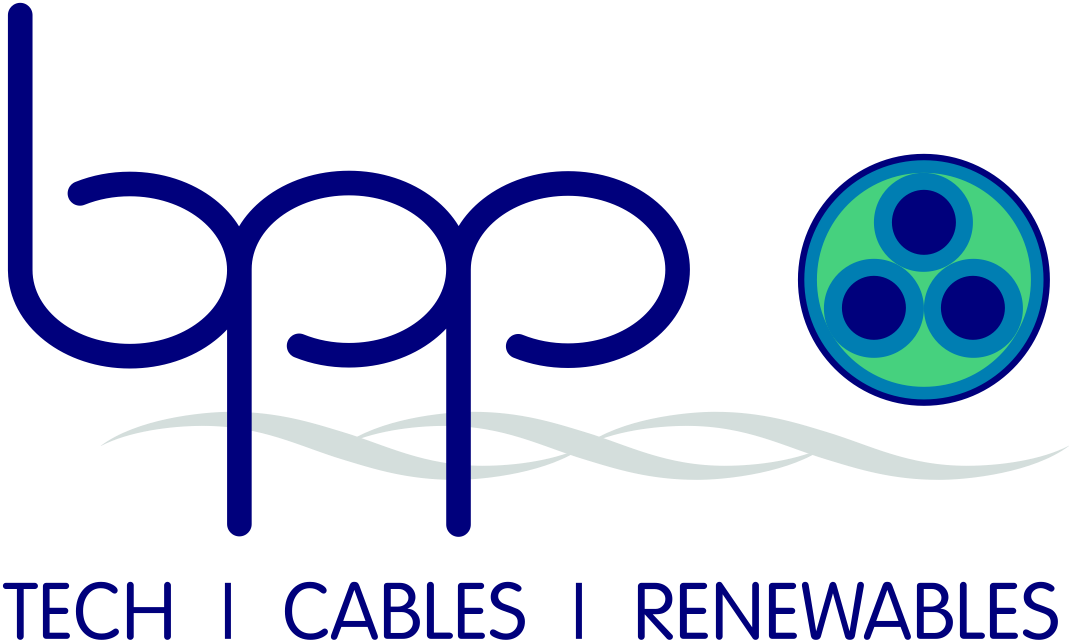UK-Singapore Blue LNG CCUS Corridor System
The Challenge
This project aims to address the urgent call by IMO to reach net-zero GHG emissions from international shipping by 2050. Anthropogenic CO2 emissions are the leading cause of global warming and climate change. Carbon-based fuel consumption in the maritime industry accounts for 90% of CO2 emissions. CCUS technologies can allow the continued use of low carbon-based fuels such as LNG in a more clean and sustainable approach.
The Project
The project will address the technological barriers by developing a cost-effective, innovative post-combustion onboard CCUS system for LNG-powered vessels. The system will be optimised to overcome limitations such as limited space, weight restrictions, and harsh marine environments by utilising a modular approach, novel chemicals, and advanced production processes for the infrastructure. The system will also utilise energy management systems such as waste heat recovery from exhaust gases to allow the vaporisation of LNG to methane for combustion. Energy will also be conserved as LNG needs to be stored at low temperatures and pressures similar to onboard storage of captured CO2.
This project aims to adapt the concept of Green Corridors (which generally operate on hydrogen, batteries, and sustainable energy) for LNG-fuelled vessels, hence the name “Blue”. The adoption of Blue LNG corridors will optimise LNG vessels’ refuelling time and reduce maritime carbon emissions.
The Results
This two-year project is set to be completed by November 2025. As of August 2024, the following has been completed:
- A Product Design Specification has been created in collaboration with Seatrium for the CCUS model onboard a tanker LNG-fuelled vessel.
- Appropriate amine mixtures have been chosen for modelling the solvent-based absorption carbon capture.
- Preliminary process flowsheets for CO2 absorber and solvent regeneration units developed.
- Confirmation of CO2 storage method and offloading mechanism at selected port in Singapore.
- Identification of onboard equipment requirements for the liquefaction process.
- Literature review of methodologies for estimating vessel CO2 emissions of LNG vessels along mapped Blue LNG corridors.
Funders


Our Partners

Expertise
- Post-combustion CCUS design
- Vessel stability analysis
- Novel amine solvent research
- Maritime GHG emission estimation
- Energy Management
- Process Simulation
- Blue LNG corridor mapping

